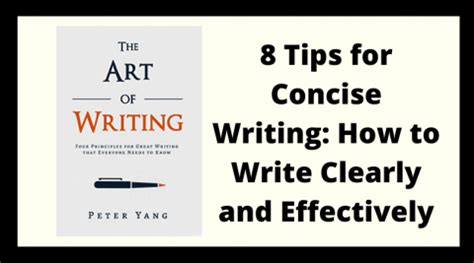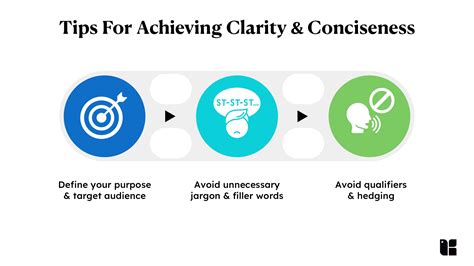In the vast landscape of communication, clarity and conciseness stand as twin pillars of effective writing. Whether crafting an email, a report, or a novel, the ability to convey your message with precision and economy of words ensures your audience grasps your intent without unnecessary effort. Flabby prose, laden with superfluous words and convoluted structures, obscures meaning and tests the reader’s patience. This article explores practical strategies to refine your writing, making every word count and every sentence shine.
Why Conciseness & Clarity Matter
Beyond simply saving space, concise and clear writing enhances credibility, boosts engagement, and improves comprehension. In a world saturated with information, readers appreciate directness. Ambiguity can lead to misinterpretation, while excessive verbiage can lead to disinterest. Sharpening your prose means respecting your reader’s time and ensuring your message leaves the intended impact.

Identifying and Eliminating Wordiness
The first step to conciseness is recognizing where your writing is bloated. Look for common culprits that add length without adding meaning:
- Redundant Pairs & Qualifiers: Phrases like “completely unique” (unique is already complete), “final outcome” (outcome is always final), “basic fundamentals,” or “very unique.”
- Unnecessary Prepositional Phrases: Often, a single word can replace a phrase. “In order to” becomes “to,” “due to the fact that” becomes “because,” “at this point in time” becomes “now.”
- Filler Words: Words like “really,” “very,” “just,” “quite,” “actually,” “in fact,” often add little value and can be removed without altering meaning.
Actively hunting down these common offenders will significantly tighten your writing.
Embrace Active Voice and Strong Verbs
Passive voice often requires more words and can obscure the actor of an action. Compare “The report was written by Sarah” with “Sarah wrote the report.” The latter is more direct, energetic, and uses fewer words. Similarly, rely on strong, specific verbs instead of weak verbs paired with adverbs (e.g., “walked quickly” vs. “scurried,” “said loudly” vs. “shouted”). Strong verbs inject vigor and reduce word count simultaneously.

Trim Clichés, Jargon, and Obfuscation
Clichés, while familiar, are often lazy and imprecise. They’ve lost their original impact through overuse. Strive for original expression. Jargon, while sometimes necessary in technical fields, should be minimized or explained when writing for a general audience. The goal is to make your ideas accessible, not exclusive. Similarly, avoid overly academic or formal language when a simpler word will suffice. “Utilize” can often be “use,” “demonstrate” can be “show,” “endeavor” can be “try.”

Break Down Long Sentences and Paragraphs
Long, winding sentences can confuse readers by presenting too many ideas at once. Look for opportunities to break complex sentences into two or more simpler ones. Similarly, dense paragraphs can overwhelm. Aim for paragraphs that focus on a single main idea, often introduced by a clear topic sentence, and break them when transitioning to a new point. This improves readability and allows readers to process information in manageable chunks.
The Power of the Delete Key: A Practical Checklist
When editing, adopt a ruthless mindset. Ask yourself these questions for every sentence and word:
- Is this word/phrase absolutely necessary?
- Does it add new information or just repeat what’s already clear?
- Can I say this more simply or directly?
- Is there a stronger verb I could use?
- Am I using passive voice where active voice would be better?
- Is this specific enough, or too vague?
Reading your work aloud can also reveal awkward phrasing and excessive wordiness that your eyes might skip over.

Practice and Persistence
Trimming prose is not a one-time fix but an ongoing skill that improves with practice. Make it a habit to review your writing with a critical eye, specifically looking for opportunities to tighten and clarify. The more you practice, the more intuitive it becomes to write concisely from the outset.
Conclusion
Ultimately, conciseness and clarity serve the reader. By diligently eliminating extraneous words, embracing direct language, and structuring your thoughts logically, you transform your writing from merely informative to truly impactful. Investing time in refining your prose pays dividends in reader engagement, comprehension, and the overall effectiveness of your communication. Start small, be persistent, and watch your writing become sharper, clearer, and more powerful.





